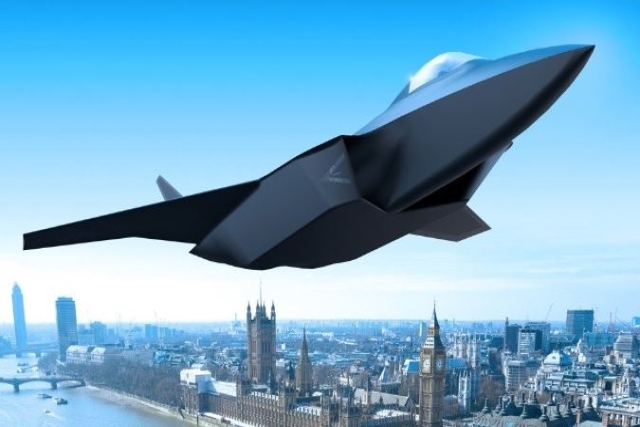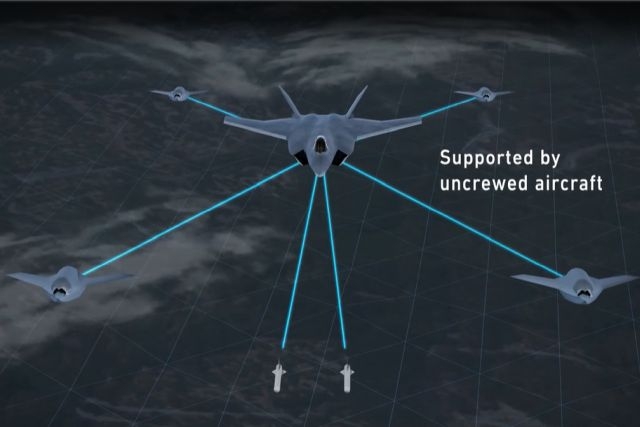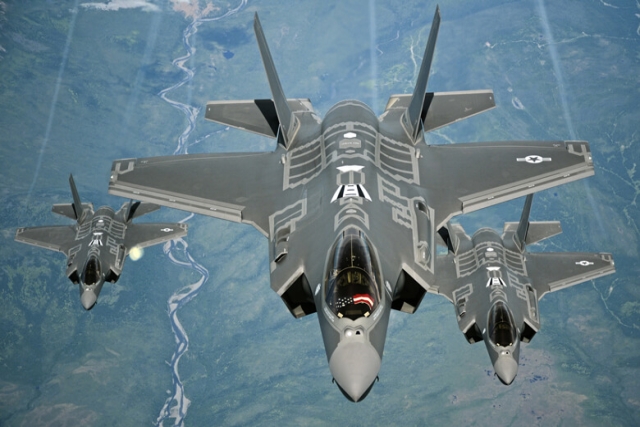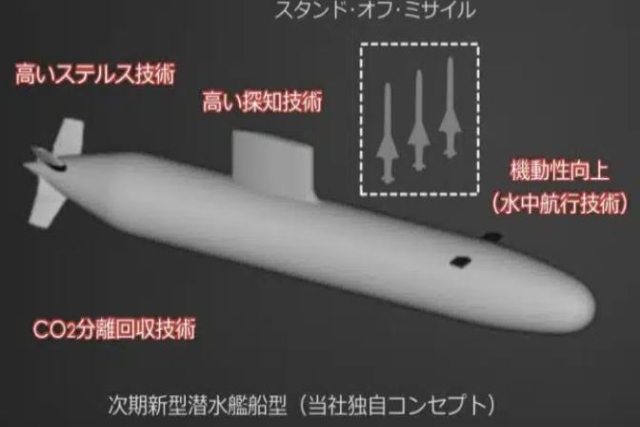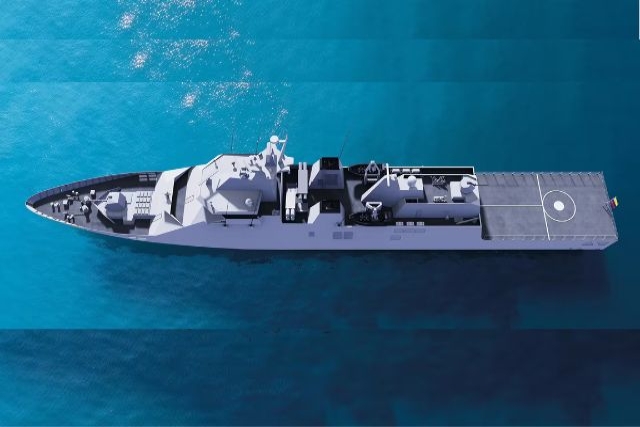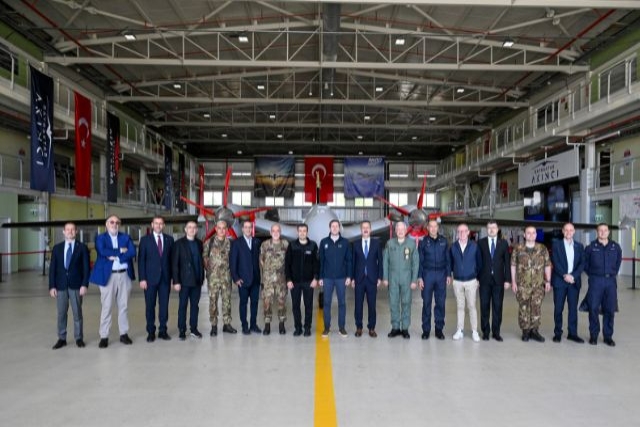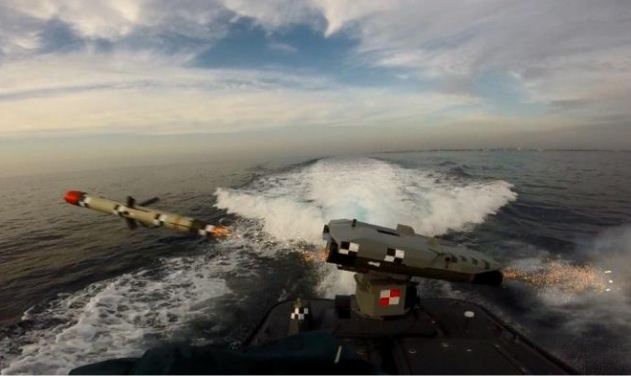Japan to Export Missiles, Artillery Shells to U.S., U.K
This shift, enabling Japan to export weapons for the first time, aligns with increasing global tensions and the nation's efforts to bolster military capabilities
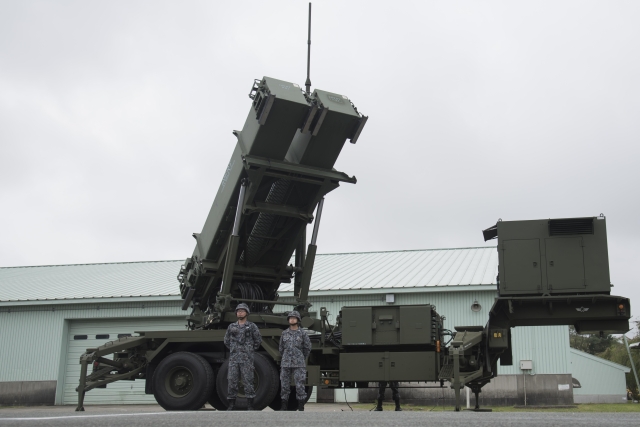
Japan is set to export missiles and artillery shells to the United States and the United Kingdom, marking a significant departure from its long-standing pacifist policies.
The decision comes as a former defense minister, Itsunori Onodera, advocates for the loosening of restrictions on military exports to showcase Japan's advanced defense technology on the global stage.
Onodera, a key proponent of this strategic move, emphasized the importance of sharing Japanese technology worldwide. "It would be best for us to develop technology and have it used widely around the world, rather than just taking on the manufacturing," he stated in a recent interview.
The Japanese government, in a concurrent announcement, revealed that it would permit the sale of weapons produced under license back to the country of origin. As a result, Japan is set to export Patriot missiles to its ally, the United States. This move aims to enhance the U.S.'s capabilities in supporting Ukraine's air defenses by expanding the pool of available missile interceptors.
Under the new rules allowing exports back to the countries that own the licenses, Japan could also potentially export 155-millimeter artillery shells to the United Kingdom. Onodera indicated that Japan is open to such sales if requested, especially considering the urgent need for munitions in Ukraine, where NATO members, including the U.K., have been actively supporting Ukrainian forces.
While the immediate impact of loosening restrictions could assist the U.S. and European nations in providing arms to Ukraine, there are broader implications. Japan's decision to engage in arms exports is part of its most significant military build-up since World War II, driven by escalating threats from neighboring nuclear-armed countries such as China, North Korea, and Russia.
One of the strategic objectives is to revitalize Japan's fragmented defense industry, which has been constrained by export restrictions since the 1960s. The move is expected to offer scale advantages to Japanese defense contractors and open up new opportunities for the export of arms in the long term.
Japan is poised to export its existing stocks of PAC-2 and PAC-3 interceptors to the U.S., with negotiations ongoing regarding the quantity and pricing of the missiles. Onodera emphasized the need for Japan to accelerate missile production to replenish its own stocks, highlighting the importance of maintaining a robust defense capability.
As discussions continue, Prime Minister Fumio Kishida has urged a conclusion by the end of February, emphasizing the gravity of the situation. The outcome of these negotiations will not only shape Japan's defense exports but also influence its role in international defense collaborations.
